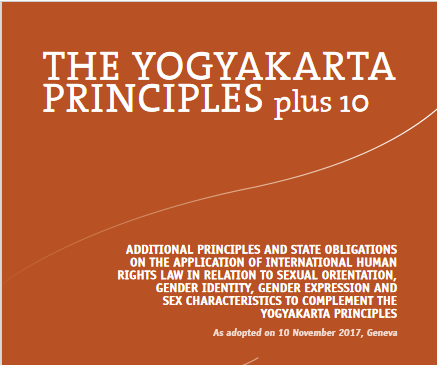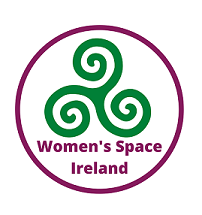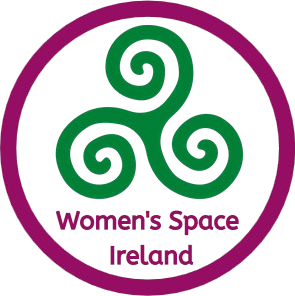Activists use those with DSDs - again
Leo Varadkar asked Heather Humphreys, Minister for Social Protection, if she plans to make provision for people who are medically determined to be intersex due to their chromosomes or characteristics to be recognised in law. Now why would activists want this?

Thread from 13th September 2024
The Irish Independent today ran a news story headlined "New protocols developed to cover medical care of babies born ‘intersex’". It arose out of a recent Parliamentary Question asked by former Taoiseach Leo Varadkar.
This has all the hallmarks of being asked on behalf of activists - they are the only ones pushing the term "intersex". Even some of the language used betrays it:
@eilishor@independent - Why have you used activist terminology? Those born with DSDs (Differences of Sex Development) are either male or female, not
"Intersex is an umbrella term used to describe people born with sex characteristics that do not fit into the typical notions of female or male bodies."
The news story also says:
"The United Nations estimates that between 0.5pc and 1.7pc of the global population have an intersex variation."
Figures such as these are disputed and many with DSDs have repeatedly asked not to be used by activists @LeoVaradkar.

It's clear from the phraseology used in the article that this is the DCU research referred to:
"At its core, being intersex is about being human. Being intersex/having a variation of one’s sex characteristics is a highly diverse experience."

Here's what the article "Differently Normal" (linked above) had to say about the DCU study:

And who are the researchers in DCU?
Dr. Tanya Ní Mhuirthile - Principal Investigator is legal consultant to TENI, the Transgender Equality Network Ireland. See her bio here.
See other profiles of the team here: Contact Us (dcu.ie)
But here's another interesting question Leo Varadkar has also asked, clearly on behalf of activists:

Using those with DSDs to try to push legal recognition for "intersex"?
No depths...
Where is all this coming from? Replacing the reality of sex with the unevidenced concept and belief in a "gender identity" needs plenty of planning and preparation.
The activist set of demands known as the Yogyakarta Principles (2006) and the later additional ones known as the YP+10 (2017) are the documents underpinning the rollout of gender identity ideology. This is just one principle from the YP+10:

The Yogyakarta Principles are not binding on the State even though they are frequently cited e.g. by the Office of the Inspector of Prisons:

For more on these principles which have been described as having "no more weight than any child’s Christmas wish list" see:





